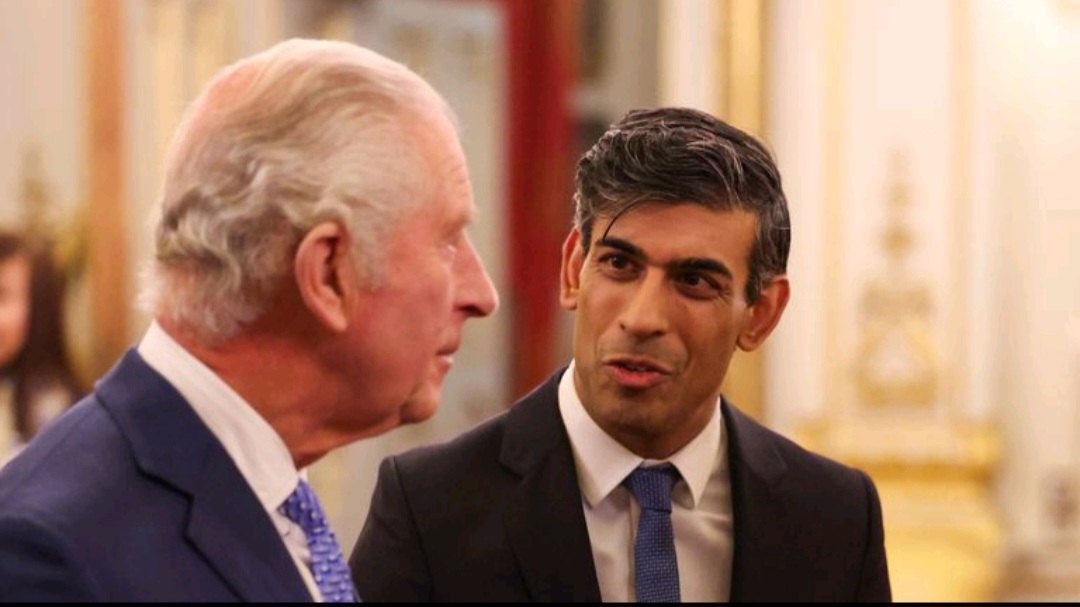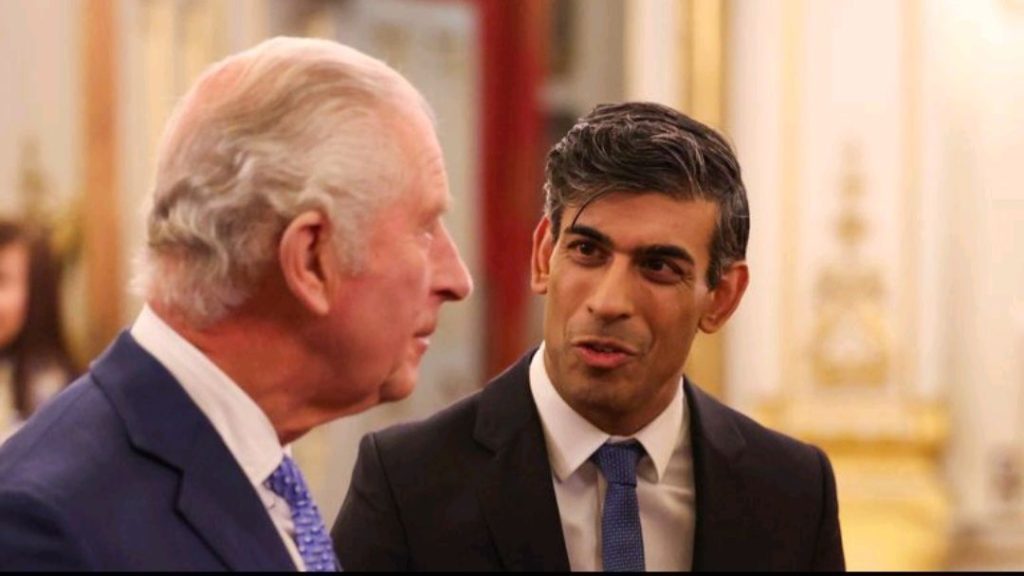Rishi Sunak Faces Backlash Over ‘Surprise’ Honours List Featuring Major Tory Donor Mohamed Mansour

Chancellor Rishi Sunak caused disagreement and received negative comments from different groups when he decided to give a knighthood to Mohamed Mansour, a big donor to the Conservative Party. This decision was announced right before the Easter weekend, and many people were surprised because Mansour has given a lot of money to the Tory party in the past.

Prominent Conservative Party member Mohamed Mansour was given an honor for his contributions to business, charity, and politics. He’s known for donating £5 million to the Conservative Party in 2023 and holding a high-ranking position as treasurer. Alongside him, other Conservative MPs were also honored, sparking controversy about the timing and selection process.
Critics, led by Labour’s Anneliese Dodds, condemned the move as either arrogance or recklessness. They highlighted concerns about favoritism and the influence of money in awarding honors, questioning the fairness of the process.
Dodds stressed that donations shouldn’t guarantee honors, reflecting worries about fairness and transparency.
Mansour expressed gratitude for the knighthood, calling it the greatest honor of his life. However, some questioned the timing and reasons behind his inclusion in the list, despite his past charity work.
According to reports by Sky News, the controversy surrounding Rishi Sunak’s ‘surprise’ honours list underscores broader issues of transparency, accountability, and the perceived influence of wealth in political processes. Critics argue that such instances not only erode public trust in the integrity of the honours system but also perpetuate a narrative of elitism and privilege within the political landscape.
As calls for reform and greater scrutiny of the honours process mount, the spotlight remains firmly fixed on Rishi Sunak and the Conservative Party, with the fallout from this latest controversy likely to resonate for some time to come. Whether this episode prompts substantive changes in how honours are awarded and perceived remains to be seen, but what is certain is that it has ignited a fervent debate about the intersection of money, power, and recognition in modern politics.




